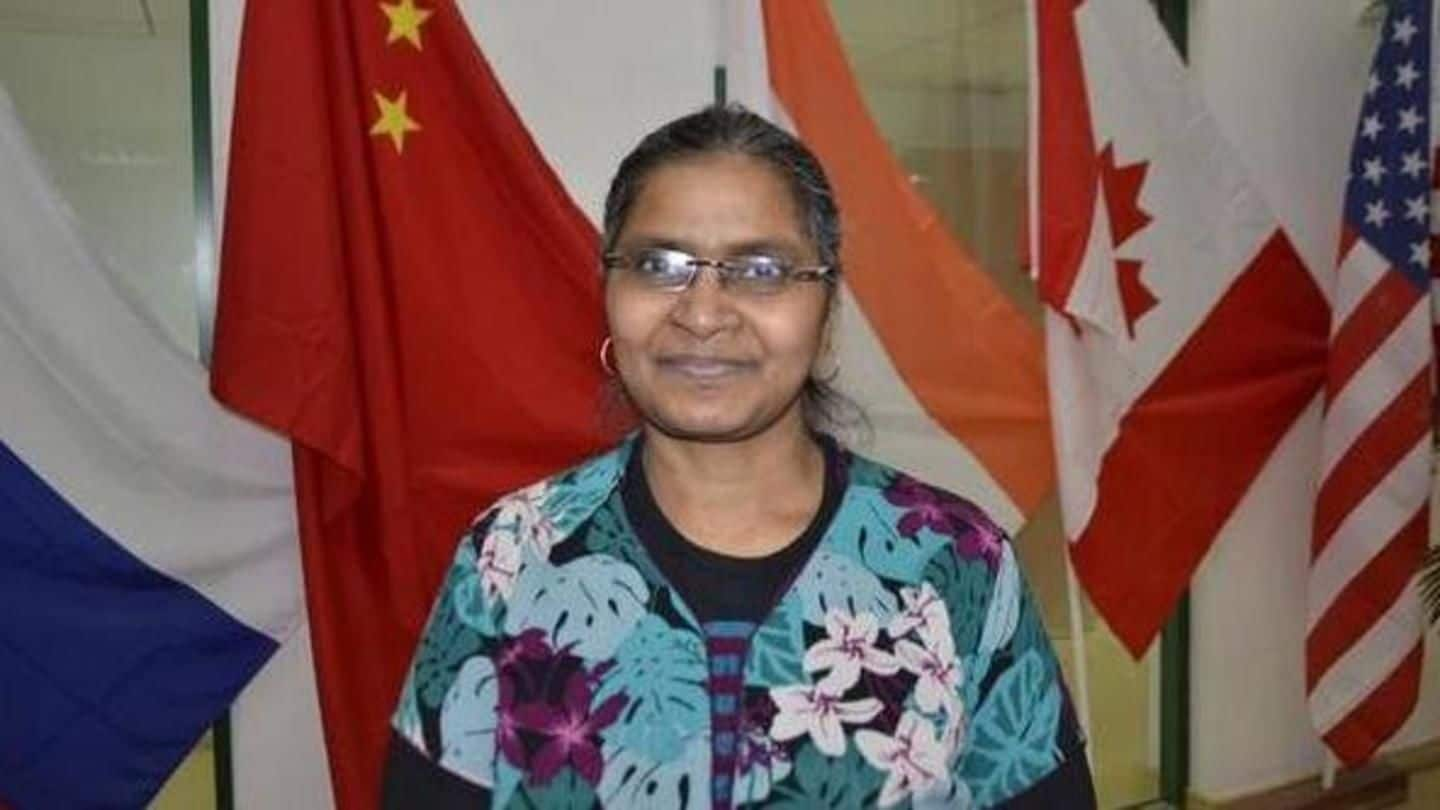
56-year-old scientist ISRO's first woman to spend a-year in Antarctica
What's the story
Fifty-six-year-old ISRO scientist Mangala Mani had never visited a place with snow. And temperatures in Antarctica can fall to a chilling -90 degrees Celsius. But that didn't stop her from spending 403 days there amid dozens of male scientists from India, China and Russia. She has already inspired others: the second ISRO woman scientist has now reached the same place for the same mission.
Profile
Mani had always been fascinated with space
Mani, the eldest of six children, had always had a strong analytical mind and a fascination for geography. Space research suited her passion perfectly. She got admitted into Hyderabad's prestigious Government Polytechnic, where she secured a Model Diploma for Technicians- Radio Apparatus (MDT-RA). Right out of college, she joined HAL, but was soon selected by ISRO. Now she's posted in National Remote Sensing Center.
Mission
Mani reached Antarctica in November'16 with 22 others
In November'16, Mani reached Bharati, India's research station in Antarctica, as the only woman in a 23-member team. The goal was to "operate and maintain Bharati and collect loads of satellite data." Information is then sent to ISRO's Hyderabad center for further distribution. Ships sailed to Antartica with food and fuel supplies only in the summer, which had to be rationed.
Challenges
She had to cope with chilling temperatures, all-male environments
Mani describes the climate there as "very harsh." "Even 2-3 hours out in cold was too much." The weather was only one challenge. Mani was the sole woman in the entire zone, which hosted Indian, Russian and Chinese scientists. But she says they were very cooperative. "Adjustments were made from both sides (and) things went smoothly." They even celebrated her birthday there.
Preparations
The preparations were equally difficult
But Mani's journey had begun before the mission. To get selected, she and others had to undergo grueling physical and mental tests for weeks. First, there were several medical checkups that included psychological assessment for long-term wintering. Then she visited Auli (9,000ft) and Badrinath (10,000ft) in Uttarakhand for ice acclimatization. They had to carry kilos of luggage and go on long treks.
Quote
'Men may have physical strength, but women are emotionally strong'
Mani's mission ended in December. About the task, she says, "Men may have physical strength, but women are emotionally strong." And the results are here to see: another young woman scientist, ISRO's second, has already reached Bharati and is camping there.